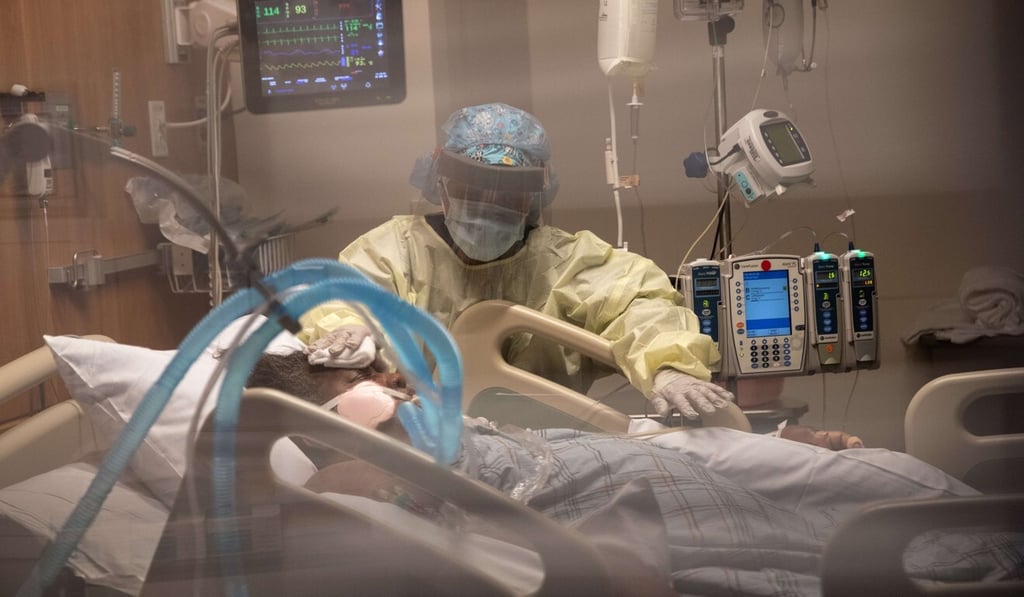Coronavirus: Singapore study finds overweight Asians three times as likely to need intensive care
- The study of 91 Covid-19 patients under the age of 60 also found those with a BMI of 25 or higher were six times more likely to need supplemental oxygen
- Asians are known to have higher disease risks at lower body mass index thresholds, the researchers said, possibly because of body fat distribution

The study, by Singapore’s National Centre for Infectious Diseases, looked at 91 Covid-19 patients under the age of 60 and found that those with a body mass index (BMI) of 25 or higher were 6.3 times more likely to need supplemental oxygen, 1.2 times more likely to need mechanical ventilation and 3.1 times more likely to be admitted to intensive care, although the intensive care finding was not statistically significant.
Previous studies in other countries have returned similar results, though most used a higher BMI threshold of 30 or above. A lower cut-off was used in Singapore as “it is known that Asian populations have higher disease risks at lower BMI thresholds, possibly due to variations in fat distribution and lipid metabolism”, the researchers said.
In New York City, having a BMI of 30 or above – which is considered obese – was found to be the single biggest factor for hospital admission in Covid-19 patients, aside from age. A British study also found that obese men were more likely to die from the disease, while a French one linked having a BMI of 35 or higher with an increased need for mechanical ventilation.

The Singapore researchers, whose findings were published on May 8 by Oxford University Press, said that they had wanted to find out how being overweight affected a patient’s experience of Covid-19 given that obesity has been associated with increased severity and mortality in past outbreaks of respiratory disease.
They concluded that when determining which patients are in the most urgent need of treatment, doctors treating those of Asian ethnicity should not underestimate the effect of being even slightly overweight to avoid “potentially adverse outcomes”.